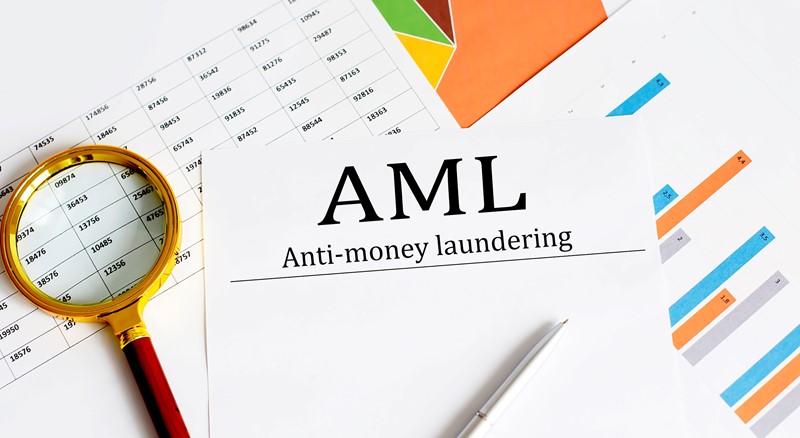HMRC has launched a campaign targeting informal money transfer networks like Hawala, aiming to combat money laundering and protect communities. Businesses must register for AML supervision or risk fines, prosecution, or closure.
It is estimated that some £2 billion is laundered annually through these networks in the UK. This is a practice that is exploited by criminals to conceal the proceeds of serious organised crime.
These networks, often used by diaspora communities to send money abroad, rely on informal, trust-based systems like Hawala. These systems allow money to be transferred without crossing borders physically, relying instead on local trust networks between operators, or Hawaladars, to ensure the funds reach recipients in countries with limited banking access.
HMRC urges businesses offering these services to register for anti-money laundering supervision to protect themselves from criminal exploitation. Registration ensures that businesses implement proper controls to prevent money laundering. Failure to register can result in civil penalties, criminal prosecution, or business closure.
The campaign aims to educate Hawaladars about their legal responsibilities through community radio broadcasts, digital advertising, and local outreach. The initiative follows recent joint visits by HMRC and the National Crime Agency (NCA) to over 40 businesses to help operators understand their obligations.
HMRC’s Deputy Director for Economic Crime said:
“Informal money transfer networks, like Hawala, enable people to support family members in parts of the world where conventional banking is limited. These are vital services that we want to protect from criminal exploitation.
When criminals launder money through these networks, it funds serious organised crime that directly harms the very communities these services support.
By registering with HMRC, businesses can safeguard their services, protect their communities and operate within the law.”


